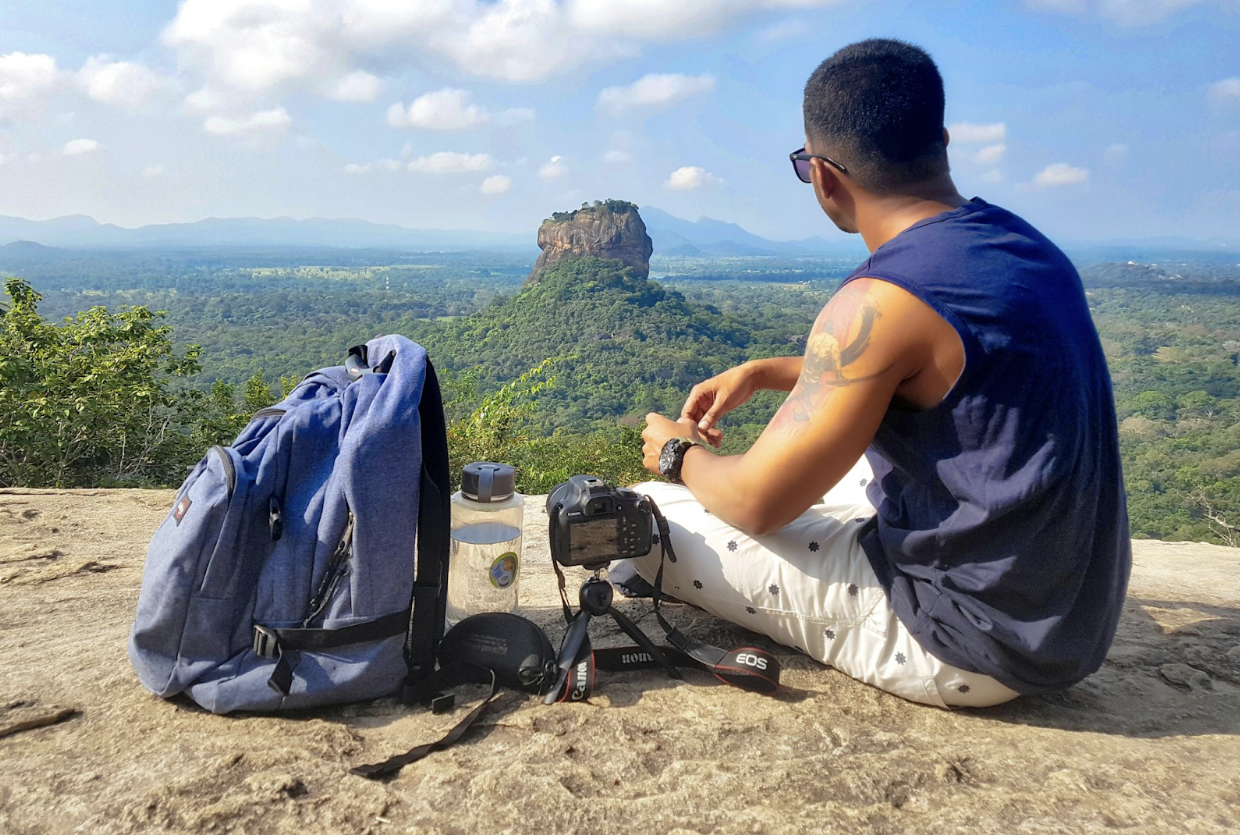Sleeping Away from Home: Practical Tips for Travelers
Traveling often disrupts our sleep patterns, whether due to unfamiliar surroundings, time zone changes, or simply being away from the comforts of home. The noise levels in a new location, different bed comfort, and even the ambient temperature can all play a role in affecting sleep quality. Adjusting to a new sleeping environment can be challenging, but with some practical tips, such as bringing a familiar pillow, using earplugs, and following a consistent bedtime routine, you can ensure a restful night wherever your travels take you. Additionally, staying hydrated and avoiding caffeine or heavy meals before bedtime can help ease the transition and promote better sleep.
Adapting to a New Environment
When arriving at a new destination, take time to acclimate yourself to the surroundings. This might include adjusting to different time zones, which can involve managing jet lag and altering your sleep schedule, or simply getting used to a different bed and room setup, ensuring you know where everything is for comfort. Creating a familiar bedtime routine can signal to your body that it's time to wind down. This routine might involve reading a book, taking a warm bath, or practicing relaxation techniques like deep breathing or meditation. Additionally, consider reducing screen time before bed, as the blue light from devices can interfere with your sleep patterns. Taking these steps can help ensure a smoother transition and a more restful stay.
Optimizing Your Sleep Space
Choosing the right accommodation can significantly impact your sleep quality. Look for hotels or rentals that offer amenities conducive to good sleep, such as blackout curtains to block out light, comfortable mattresses to support your body, and a quiet environment to minimize disruptions. Additionally, ensure that the room has good ventilation and temperature control, as these factors are crucial for a restful night. If noise is a concern, consider packing earplugs or using a white noise machine to drown out disturbances. Prioritize accommodations with positive reviews specifically mentioning comfort and good sleep experiences from past guests.
Managing Technology Use
In today's digital age, many travelers find it challenging to disconnect from electronic devices before bed. Whether it's checking emails, scrolling through social media, or watching shows, screens have become an integral part of our nightly routines. However, the blue light emitted by these screens can disrupt the production of melatonin, a hormone that regulates sleep, leading to difficulty in falling and staying asleep. Prolonged exposure to blue light can also strain the eyes and contribute to digital eye strain. To mitigate this effect, consider using blue light glasses, which are designed to filter out harmful wavelengths while allowing you to enjoy your devices without sacrificing sleep quality. These glasses can make a significant difference, especially for frequent travelers who rely on electronic devices during their journeys.
Eating and Drinking Wisely
Be mindful of what you consume before bedtime. Heavy meals and caffeine close to bedtime can interfere with your ability to fall asleep, leading to restless nights and grogginess the next day. Instead, opt for light snacks such as a banana or a small bowl of oatmeal, and consider drinking herbal teas like chamomile or peppermint that promote relaxation. Additionally, avoiding alcohol is advisable as it may disrupt sleep patterns, causing frequent awakenings and contributing to feelings of fatigue the next day. Ensuring a calm and comfortable sleep environment is equally important, so consider dimming the lights and reducing screen time before bed to enhance the quality of your sleep.
Creating a Comfortable Sleep Environment
Recreating elements of your home sleep environment can help signal to your brain that it's time to rest. Bring along familiar items such as a favorite pillow or blanket to provide a sense of comfort and security, making your rest space feel more like home. Adjust the room temperature to your preference, ensuring it's neither too hot nor too cold, as extreme temperatures can disrupt sleep. Additionally, ensure proper ventilation for optimal air quality, which can aid in breathing and contribute to a more restful sleep. Consider using a white noise machine or earplugs to mask any unfamiliar sounds that might disturb your sleep. Lastly, dim the lights and create a calming bedtime routine to prepare your body and mind for a good night's rest.
Managing Jet Lag
Traveling across time zones can wreak havoc on your sleep-wake cycle, often leaving you feeling disoriented and fatigued. To minimize the effects of jet lag, it's beneficial to gradually adjust your sleep schedule in the days leading up to your trip. For instance, if you're traveling east, try going to bed and waking up an hour earlier each day. Conversely, if you're heading west, delay your bedtime and wake-up time incrementally. Upon arrival at your destination, exposing yourself to natural sunlight during daylight hours can significantly aid in resetting your internal clock. Sunlight is a powerful cue for the body’s circadian rhythms, helping you adapt more quickly to the new time zone.
In conclusion, adapting to a new sleeping environment while traveling requires a combination of preparation, adaptation, and mindfulness. By incorporating these practical tips into your travel routine, you can optimize your sleep quality and wake up feeling refreshed and ready to explore. Remember, a good night's sleep is essential for making the most of your travel experiences and ensuring overall well-being.









